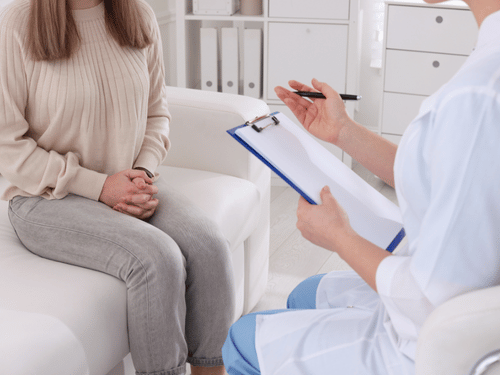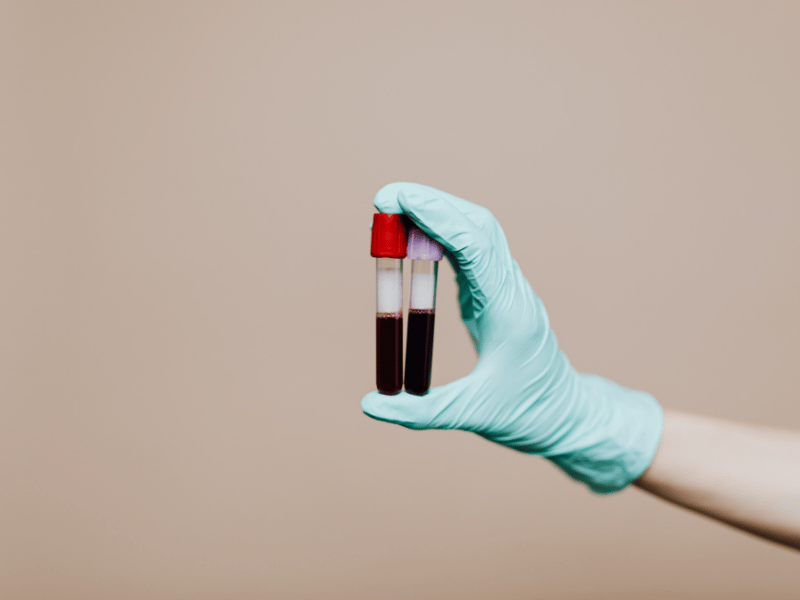Understanding and addressing the stigma surrounding sexually transmitted diseases (STDs) is crucial for promoting better health in our communities. An STD test can be a significant step towards personal health and collective well-being. In this article, we’ll explore why STD testing is vital, the stigma that surrounds it, and how awareness can lead to a healthier society.
Understanding the Importance of STD Testing
What Are STDs?
STDs, or sexually transmitted diseases, are infections that can spread through sexual contact. They can lead to severe health issues if left untreated. Common examples include chlamydia, gonorrhea, and HIV. According to research, millions of people worldwide face the risk of contracting these infections, many without even realizing it.1
Understanding STDs is essential because it helps demystify these infections. By knowing what they are and how they spread, individuals can make informed choices about their sexual health. Moreover, recognizing the symptoms and understanding the importance of regular testing plays a crucial role in prevention strategies.
Why Get Tested?
Getting tested for STDs should be a routine part of healthcare for anyone who is sexually active. This is especially true for those who have multiple partners or are unsure of their partner’s health status. Regular testing can ensure early detection and treatment, reducing the risk of complications.2
Detecting STDs early can help avoid serious health consequences, such as infertility or chronic pain. Furthermore, testing is crucial for stopping the spread of infections. By knowing one’s status, individuals become advocates for their health and the health of their partners. Initiating conversations about STD testing can foster a culture of openness, making it easier for others to seek help.
Breaking the Stigma Around STD Testing
Common Misconceptions

Stigma around STDs often arises from misinformation. Many people hold beliefs that those who get tested must have engaged in risky behaviors or that STDs are exclusively linked to promiscuity. These misconceptions can create unnecessary shame and fear around seeking testing.
Another common belief is that STDs only affect certain demographics. In reality, anyone who is sexually active can be at risk. Recognizing that STDs do not discriminate is essential in breaking down these harmful stereotypes. When we shift the narrative to focus on prevention and care, we begin to dismantle the stigma.
The Impact of Stigma
The impact of stigma on individuals seeking care is profound. Many may avoid testing altogether, fearing judgment or discrimination. This can lead to untreated infections, which not only affect the individual but also their partners and the wider community.3
Breaking the stigma requires a communal effort. Education plays a significant role in this transformation. By promoting awareness and sharing personal stories, communities can create supportive environments where individuals feel safe to discuss their health. Acceptance and understanding pave the way for more people to seek the necessary tests and treatments.
How to Get Tested for STDs
Where to Go for Testing
Finding a reliable clinic for an STD test is crucial. In Clementi, clinics like Love & Joy Family Clinic offer specialized screening services. These facilities ensure confidentiality and professional care, allowing patients to feel comfortable during their visit.4
Local health departments and various community health centers also provide testing services. Many offer free or low-cost options, making it easier for people to access the care they need without financial burden.
Preparing for Your Appointment
Preparing for an STD test is straightforward. It usually involves a few simple steps:
- Gather Information: Know what tests you might need based on your sexual history.
- Avoid Sexual Activity: It’s best to abstain from sex for at least 24 hours before your test to ensure accurate results.
- Stay Open: Be honest with your healthcare provider about your history; this allows for better care.
These steps can help ease any anxiety surrounding testing. The more informed you are, the more empowered you feel during the process.
Empowering Yourself with Knowledge and Resources
Available Tests and Services

Clinics typically offer a range of tests, including those for common STDs like chlamydia, gonorrhea, and HIV. Your healthcare provider can advise on which tests are appropriate for you.
In addition to testing, many clinics provide resources for counseling and education. Understanding your health status and educational resources available can help you make informed decisions about your sexual health.
Supporting Others in Their Journey
Support is crucial not only for yourself but also for friends and partners navigating their health journeys. Encourage open conversations about STD testing and share resources. Being a voice of support can ease the stigma others face, making them feel less isolated and more understood.
By promoting awareness and mutual care, you can help shift the narrative around STDs from one of shame to one of health and empowerment.
Call to Action: Take the First Step Towards Your Health
Awareness about STD tests is essential for breaking down barriers and challenging stigma. If you haven’t been tested recently, now is the time to prioritize your health. Take the step today—visit Love & Joy Family Clinic to learn more about STD testing and to book your appointment.
Remember, seeking health is a sign of strength, not weakness. Let’s work together to create a society where health awareness thrives, and stigma has no place.




